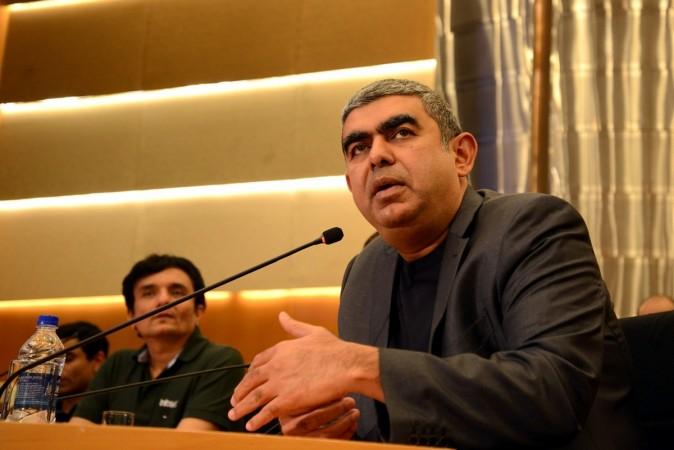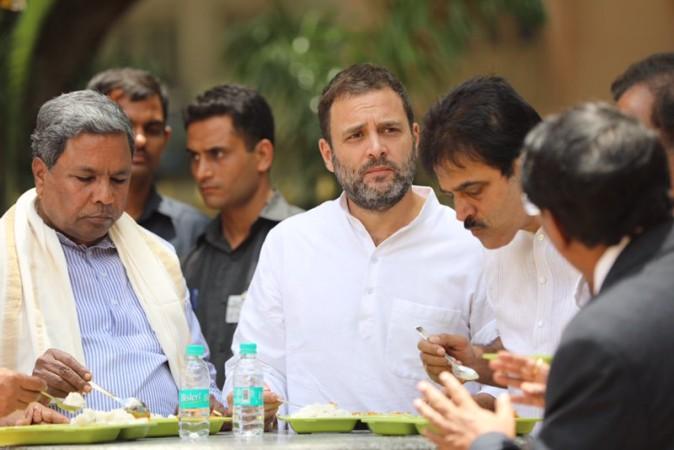
The resignation of Visal Sikka as the CEO and MD of Infosys created a ripple effect in India on Friday. The step taken by Sikka came with a lot of controversial details and a "homegrown leader" in UB Pravin Rao was set to replace Sikka as the interim CEO and MD.
The latest development has its corporate reason, including incompatibility between the board and the IT giant's promoter shareholders. But Sikka's resignation has some lessons for India's political parties and they should understand that like any other organisation, parties also need to follow some basic principles to deliver successfully.
Suitability
The first lesson is that of suitability. According to reports, Infosys's founder Narayana Murthy was told by the company's three independent directors that Sikka was more of a chief technology officer than a chief executive officer. This is a key concern. In most of India's political parties, suitability is a major concern. In the Congress, Rahul Gandhi's suitability as the vice-president is something we have been discussing for quite a few years now. If the concerned person is not suitable for a particular post, it is always better to utilise his capacity in some other ways.
The political parties of India are not ready to address this issue because most of them function as dynastic outfits where kinship matters more than credibility. Infosys's development showed that suitability of an individual is far more significant than the hierarchy.
Giving the 'homegrown' their dues

The second important lesson is to give the 'homegrown' their due. In lot of parties today, the trend has been to reward those who are close to the power centre, even if that meant they have contributed little towards strengthening the party's grassroots. This is an unhealthy trend for it demoralises the true soldiers of the party and adversely affects its grip on the ground.
Be careful about squandering chances of a turnaround
The third lesson is about squandering away chances of regaining lost ground because of internal rift. The cultural confrontation in the Infosys, if one sees it in that way, has seen the firm losing key moments towards redemption and there lies a lesson for the political outfits.
As we have seen in the Samajwadi Party and the AIADMK in the recent times, chaos in the party because of clashes of personalities, egos and interests can throw the entire team out of gear and harm its prospects – economic or political. In case of corporate firms, we witness resignations more than expulsions that are more common in the less sophisticated parties but in either cases, the trends are harmful.

















